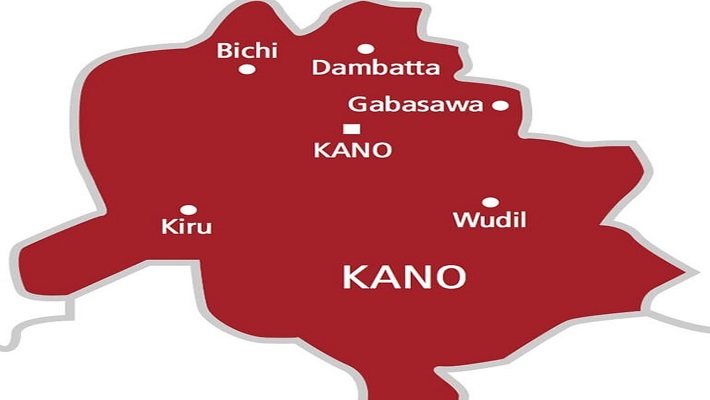The Kano State Government has launched a comprehensive initiative to combat deforestation and promote sustainable environmental management by imposing a statewide ban on the unlicensed use of chainsaws for tree felling, trimming, and cutting. This decisive action is rooted in the growing concern over the alarming rate of deforestation and its detrimental impact on the environment, including soil erosion, loss of biodiversity, and increased vulnerability to climate change. The government recognizes the urgent need to protect its forest resources and ensure a sustainable future for the state.
The ban on unlicensed chainsaw operations is not merely a punitive measure but a strategic approach to regulate and monitor tree felling activities across the state. The government has established a legal and regulatory framework to guide the implementation of this ban, anchored on the 1999 Constitution, the National Environmental Standards and Regulations Enforcement Agency (NESREA) Act 2007, and the National Environmental Regulations 2014 on tree cutting. This framework clarifies the legal basis for the ban and provides a structured approach to its enforcement. By linking the ban to existing national legislation and regulations, the Kano State Government ensures consistency and strengthens the legal foundation of its environmental protection efforts.
Central to this new framework is the Chainsaw Usage Permit Framework (CUPF), which establishes a two-tiered licensing system. The first tier, the Chainsaw Operator License (CUPF-A), mandates annual registration with the Ministry of Environment and Climate Change for all commercial chainsaw operators and logging businesses. This requirement ensures accountability and allows the government to maintain a database of authorized operators. The second tier, the Tree Felling/Trimming Permit (CUPF-B), makes it compulsory for anyone removing or trimming trees, whether in public or private spaces, to obtain a permit. This provision extends the regulatory oversight beyond commercial operations to encompass all tree-related activities, reinforcing the government’s commitment to comprehensive environmental protection.
A crucial aspect of the government’s strategy is the emphasis on reforestation. For every felled tree, a mandatory replanting of two to three saplings is required. This ‘replace more than you remove’ approach aims not just to compensate for the loss but to actively increase tree cover across the state. The fees collected for felling permits will directly fund replanting initiatives and support climate resilience programmes, creating a sustainable cycle of resource management. This financial mechanism ensures that the revenue generated from tree felling activities is reinvested in environmental protection, fostering a self-sustaining system for forest conservation.
To further enhance the effectiveness of the ban and ensure transparency in the permitting process, a digital permit registry with QR code verification has been established. This technological integration streamlines the monitoring process and allows for swift verification of permits, making it easier to identify and prosecute illegal operations. The use of technology significantly strengthens the enforcement mechanism and provides a robust platform for data collection and analysis, helping to assess the impact of the regulations over time.
Enforcement of the ban will be a collaborative effort involving various stakeholders. Security agencies, local governments, traditional institutions, and community forest monitors will work together to ensure compliance. This multi-pronged approach leverages the existing social structures within the state, embedding the enforcement process within the community and empowering local actors to participate in environmental protection. By engaging traditional institutions and community monitors, the government fosters a sense of ownership and shared responsibility for the conservation of forest resources.
The Kano State Government has also established a clear penalty system for violations. Using a chainsaw without a license will result in a ₦500,000 fine, confiscation of the equipment, and potential imprisonment. Felling trees without a permit carries a penalty of ₦250,000 per tree and a mandatory replanting obligation. These stringent penalties underscore the seriousness with which the government views illegal tree felling and serve as a deterrent to potential offenders. The combination of fines, equipment confiscation, and replanting requirements ensures that violators face significant consequences, encouraging compliance and promoting responsible forest management practices. Furthermore, the government is actively engaging in public awareness campaigns, collaborating with local government chairmen, schools, mosques, religious leaders, and traditional institutions to educate communities about the importance of sustainable forestry and the dangers of illegal tree felling. This widespread outreach seeks to instill a sense of environmental stewardship and encourage community participation in the protection of Kano’s natural resources.














